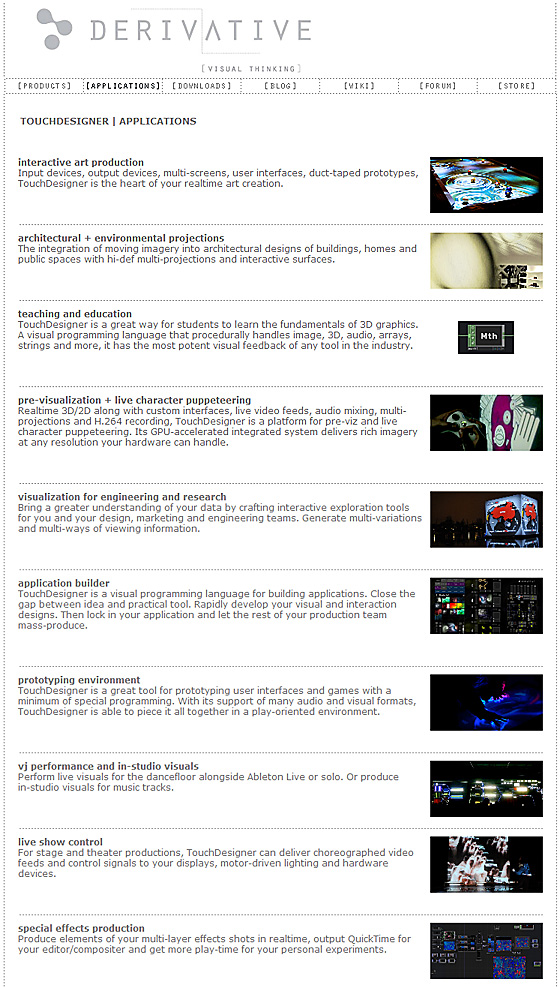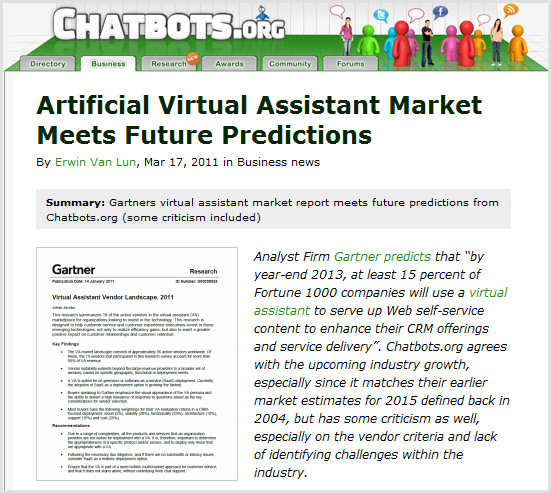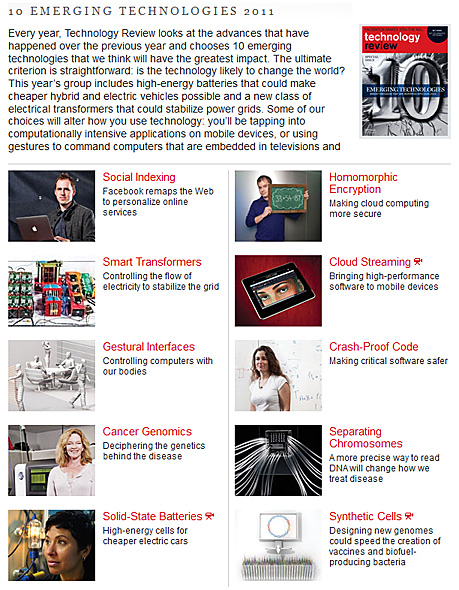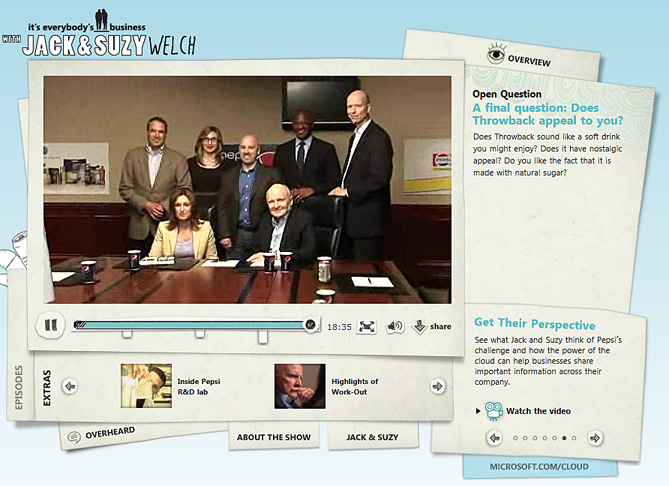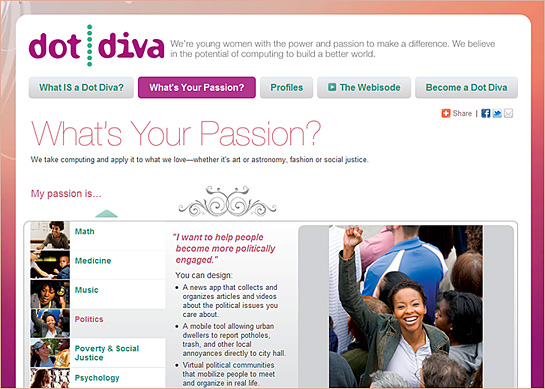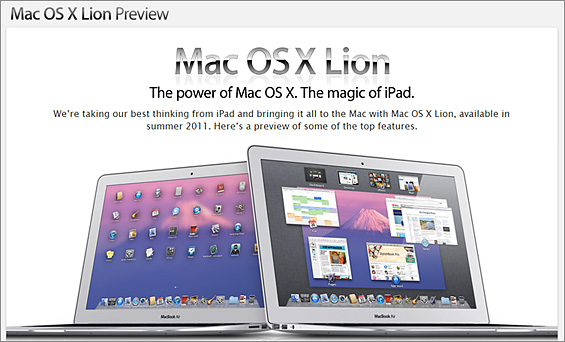Lifebook or Voltron? — from trendbird.biz’s Design Section
This Lifebook concept merges multiple portable devices together to form a single computer.
From DSC:
Interesting concept! The great convergence continues.
CloudTV app platform to take spotlight on two panels at The TV of Tomorrow Show — activevideo.com
SAN JOSE, CA (May 16, 2011) — Millions of screens today — and millions more by year’s end — will be available to TV app developers and content providers, according to remarks planned by ActiveVideo Networks™ executives for the TV of Tomorrow Show May 17 and 18 in San Francisco.
During the two-day conference at the Yerba Buena Center for the Arts, ActiveVideo executives will speak on the “write once, deploy everywhere” merits of cloud-based application creation and delivery on a pair of panels. John Callahan, CTO, will discuss “The Emerging Primacy of the App: The ‘Appification’ of TV and its Implications,” scheduled for Tuesday, May 17, from 3:15 to 4:15 pm; and Michael Taylor, senior vice president, business development will talk about “Envisioning Cable’s Converged Future,” on Wednesday, May 18, from 4:00 to 5:15 pm. The two executives will be joined on the panels by counterparts from PlayJam, Movl, Rovi, NDS, Ooyala, ZeeVee and other companies.
33 essential resources for developers & designers — from Mashable.com by Brian Anthony Hernandez
For months now, web developers and designers have flocked to Mashable to learn from and share our how-to guides, analyses, videos, lists, videos and galleries. Below, we’ve assembled 33 of our favorite resources since January and separated them into three easily digestible lists: inspiration, design and development. To keep up to date with news and resources about the topics listed below, feel free to follow Mashable‘s dev & design channel on Twitter…
4 free e-books on learning Objective-C, the programming language of iOS and OSX — from readwriteweb by Klint Finley
Berners-Lee calls for higher purpose of Web — from cnet.com by Martin LaMonica
CAMBRIDGE, Mass.–Tim Berners-Lee, who invented the underpinnings of the World Wide Web, isn’t just concerned about getting browsers on more mobile devices. Architects of the Web need to consider how it will affect all humanity as it evolves.
…
But even as engineers hammer out the next version of HTML, they have a duty to fulfill a weighty social purpose of the Web, he said. As the way that people connect in society, the Web supports justice, government transparency, and human rights to freedom, he said.
From DSC:
Based upon an earlier posting that I had sent to him, below are some great resources and reflections per Joel Adams, Professor and Department Chair of Computer Science at Calvin College (in Grand Rapids, MI, USA; by the way, Joel was the originator of the Computer Science Week legislation in the United States). Joel lists some of the misperceptions out there concerning Computer Science/Scientists:
I think there is a misperception out there that computer science grads spend all their time in a cubicle, staring at a computer screen, which is not an attractive way to spend your life. What we need are images that show computing professionals in software design meetings, client meetings, pair programming, and other situations where they are interacting with people.
Another misperception is that computer science is for geeks/nerds. It seems like somehow that “pocket protector” stereotype that used to be for engineers has shifted to computer scientists. Images of people like Marissa Mayer, Steve Jobs, etc. could help dispel this:
http://www.youtube.com/watch?v=fX5UNiVPRBU&feature=fvwrel
A final [misperception] is that it is only for guys. We need images of female computer scientists to dispel this, including Ada Lovelace, Grace Hopper, the women who worked on ENIAC, as well as more modern women like Marissa Mayer and the women mentioned in this article:
http://www.maximumpc.com/article/features/15_most_important_women_tech_history
.
.
Also Joel mentioned/see:
- Adele Goldberg, one of the graphical user interface project leaders at Xerox PARC:
http://en.wikipedia.org/wiki/Adele_Goldberg_(computer_scientist)
Why so few computer science majors? — from voices.washingtonpost.com by Jenna Johnson
The lives of college students revolve around technology — yet not enough are studying computer science to keep up with industry demand.
Computer science programs across the country are scrambling to change this, often by trying to make coursework more relevant to the lives of students. One example, which I wrote about in today’s paper, is a professor at Virginia Tech who helped his students create a mobile application that tracks city buses.
But why the lack of interest in CS in the first place?
Here are just a few reasons, according to several professors and others I interviewed for the piece. (I know there are additional reasons, so please share them with me in the comments section.)
Many don’t realize the world-changing potential of CS.
.
Also see:
.
Computer science programs use mobile apps to make coursework relevant — from The Washington Post by Jenna Johnson
Computer science courses use mobile apps to make coursework relevant — from The Washington Post
The Virginia Tech student’s concern about buses, Tilevich said, offered a chance to show students that coding can be relevant. By the end of the semester, the advanced software engineering class had partnered with the city transit system to obtain data from Global Positioning System devices on dozens of city buses. An algorithm soon was predicting arrival times and beaming the information to a prototype mobile application.
“Sometimes as faculty members, we have to step back. We have to let them run wild,” said Tilevich, a former professional clarinet player who blogs about his teaching experiments.
Originally saw this at GetIdeas.org
NIST Scientists Make Quantum Computer Breakthroughs — from FastCompany.com by Kit Eaton
.
.
Do you know what quantum computing is? Does the mention of quantum mechanics make your skin go clammy with visions of high school physics classes? If the answer to these questions is “no” and “yes,” then keep reading: Quantum computing is how our computer tech will work in the future, and though it’s highly technical, kinda creepy sounding, and your granny probably won’t believe a word of it, the power it’ll give to computers is mind-boggling. And now scientists at National Institute of Standards and Technology have just made an important breakthrough in the tech.









